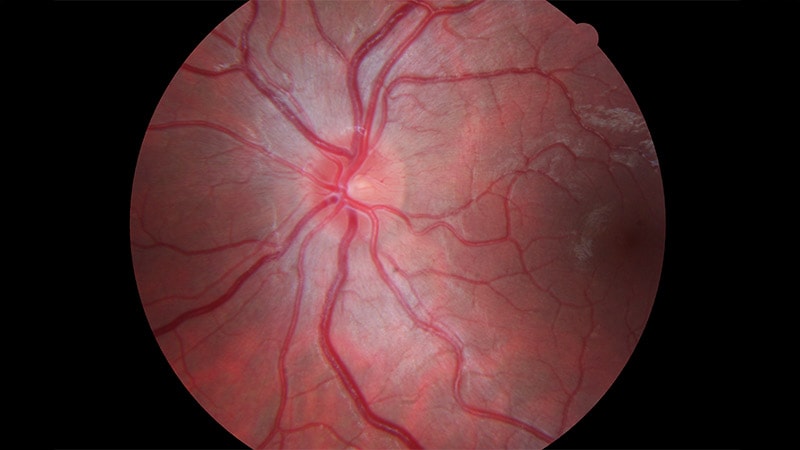Individuals with anxiety have at least a twofold higher risk of developing Parkinson's disease (PD) than those without anxiety, new research suggested.
Investigators drew on 10-year data from primary care registry to compare almost 110,000 patients who developed anxiety after the age of 50 years to close to 900,000 matched controls without anxiety.
After adjusting for a variety of sociodemographic, lifestyle, psychiatric, and neurological factors, they found that the risk of developing PD was double in those with anxiety compared with controls.
"Anxiety is known to be a feature of the early stages of Parkinson's disease, but prior to our study, the prospective risk of Parkinson's in those over the age of 50 with new-onset anxiety was unknown," colead author Juan Bazo Alvarez, a senior research fellow in the Division of Epidemiology and Health at University College London, London, England, said in a news release.
The study was published published online on June 24, 2024, in the British Journal of General Practice.
The presence of anxiety is increased in prodromal PD, but the prospective risk for PD in those aged ≥ 50 years with new-onset anxiety was largely unknown.
Investigators analyzed data from a large UK primary care dataset that includes all people aged between 50 and 99 years who were registered with a participating practice from January 1, 2008, to December 31, 2018.
They identified 109,435 people (35% men) with more than one anxiety record in the database but no previous record of anxiety for ≥ 1 year and 878,256 people (37% men) with no history of anxiety (control group).
Features of PD such as sleep problems, depression, tremor, and impaired balance were then tracked from the point of the anxiety diagnosis until 1 year before the PD diagnosis.
Among those with anxiety, 331 developed PD during the follow-up period, with a median time to diagnosis of 4.9 years after the first recorded episode of anxiety.
The incidence of PD was 1.2 per 1000 person-years (95% CI, 0.92-1.13) in those with anxiety vs 0.49 (95% CI, 0.47-0.52) in those without anxiety.
After adjustment for age, sex, social deprivation, lifestyle factors, severe mental illness, head trauma, and dementia, the risk for PD was double in those with anxiety compared with the non-anxiety group (hazard ratio, 2.1; 95% CI, 1.9-2.4).
Individuals without anxiety also developed PD later than those with anxiety.
The researchers identified specific symptoms that were associated with later development of PD in those with anxiety, including depression, sleep disturbance, fatigue, and cognitive impairment, among other symptoms.
"The results suggest that there is a strong association between anxiety and diagnosis of PD in patients aged > 50 years who present with a new diagnosis of anxiety," the authors wrote. "This provides evidence for anxiety as a prodromal presentation of PD."
Future research "should explore anxiety in relation to other prodromal symptoms and how this symptom complex is associated with the incidence of PD," researchers wrote. Doing so "may lead to earlier diagnosis and better management of PD," they added.
This study was funded by the European Union. Specific authors received funding from the National Institute for Health and Care Research and the Alzheimer's Society Clinical Training Fellowship program. The authors declared no relevant financial relationships.
Batya Swift Yasgur, MA, LSW, is a freelance writer with a counseling practice in Teaneck, New Jersey. She is a regular contributor to numerous medical publications, including Medscape Medical News and WebMD, and is the author of several consumer-oriented health books as well as Behind the Burqa: Our Lives in Afghanistan and How We Escaped to Freedom (the memoir of two brave Afghan sisters who told her their story).

.webp) 2 days ago
1
2 days ago
1


























 English (US)
English (US)